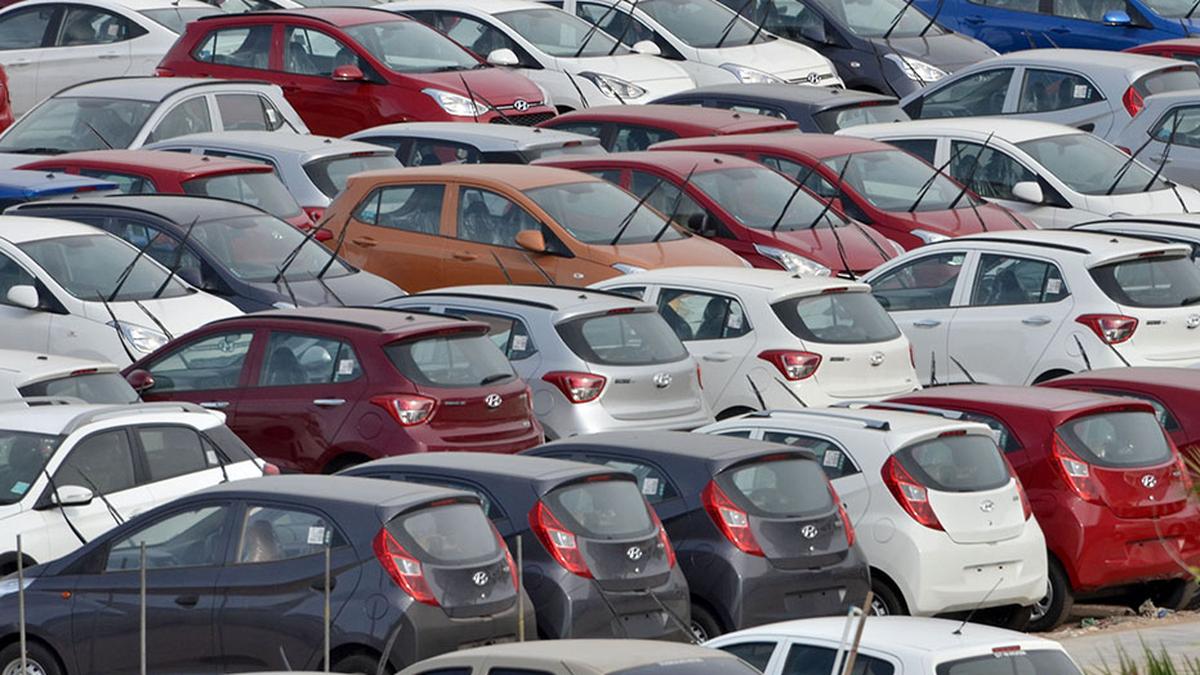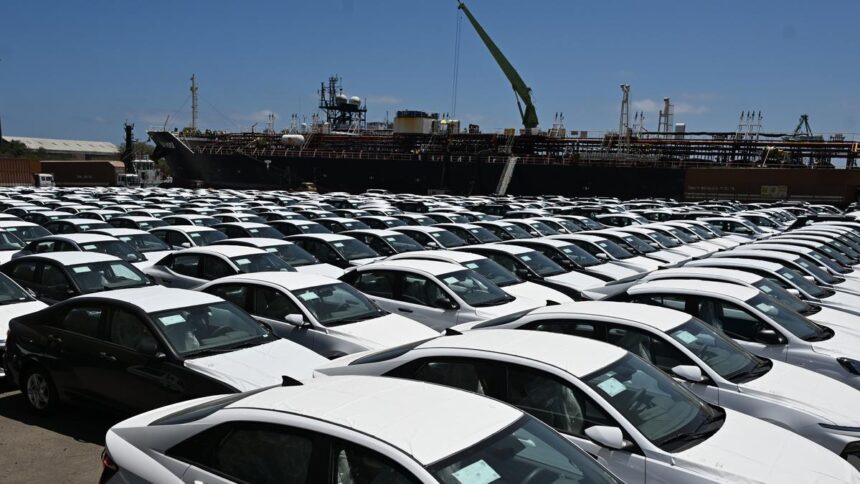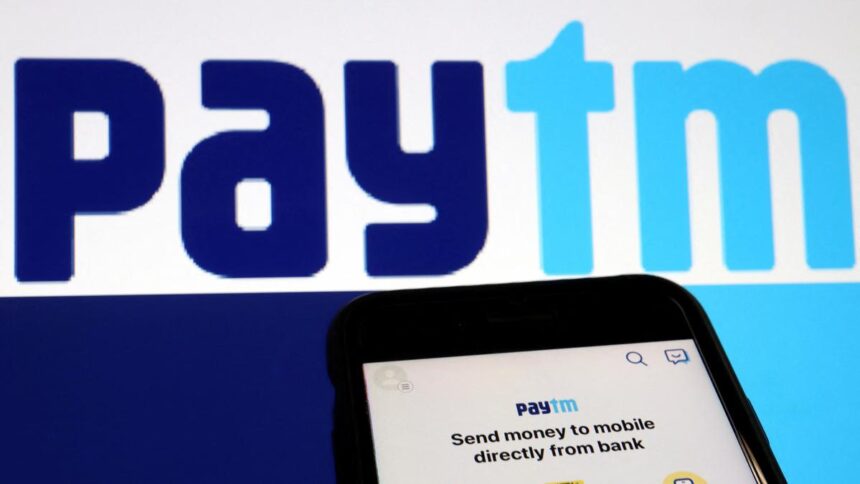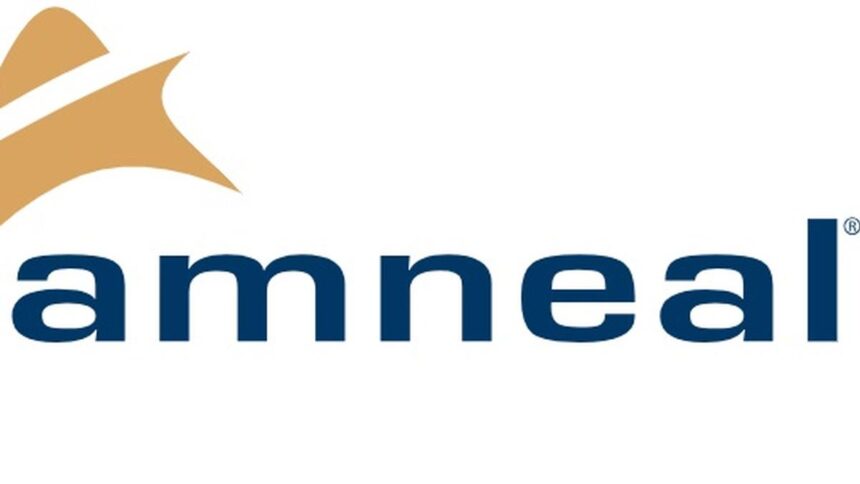The goods and services tax overhaul is set to deliver major price cuts for car buyers this festive season across segments as the entry-level and mid-segment cars priced up to ₹14 lakh see upto 13% reduction in GST and cess making them more attractive to a price sensitive segment, and high-end cars with engines above 1200 cc too set to become 7–10% cheaper.
Small cars on petrol, LPG and CNG with engines below 1200 cc and diesel cars of up to 1,500 cc with length of up to 4m will attract a GST of 18% instead of 28%. The cess of 1% and 3% will now longer be applicable.
All mid-sized and large cars as well as SUVs up to and above 1500cc and over 4m in length will attract a higher GST of 40% instead of 28%. But the net savings of 7 to 10% come from a complete removal of cess, which stood at 17% for passenger vehicles upto 1500cc engine, 20% for those with over 1500 cc engine, and 22% for SUVs.
“The benefit is greater for entry and mid-level segment as there is price sensitivity. The news will definitely bring cheer to buyers and we expect more footfalls at showrooms,” says Vinkesh Gulati, vice president, Automotive Skill Development Council and former president, FADA.
There is also small relief expected during vehicle servicing and repairs as the GST on spare parts has been brought down to 18% from 28%, but due to the varying taxation for different items such as rubber or fiber the eventual benefit will only accrue where there is a net drop.

But dealerships rue that the implementation of the new rates only comes into effect three weeks later on September 22. They fear that since this will result in some buyers postponing their purchase, of which some may eventually lose interest either due to an illness or some other expense.
However, dealerships are also nervous about a lack of clarity on what happens to the cess for the cars that they have already purchased from OEMs but not yet sold . For such cars they deposit a GST credit, and an actual GST amount after sales is logged against it. Estimated cess loss to dealers will be ₹2,500 crore. Some say that implementation date of September 22 will actually lead to loss of a small percentage of buyers, who will push their purchase by three weeks and then may divert their spend on a vacation or for other reasons.
Due to the removal of cess, dealerships are also staring at a loss of ₹2,500 crore because of credit payments they have made on the cess for the inventory they have already purchased from automakers. Dealers deposit the cess as a credit item at the time of their purchase, and make the actual deposit on the GST portal once they sell the same car to a buyer.
Published – September 04, 2025 05:52 pm IST





















